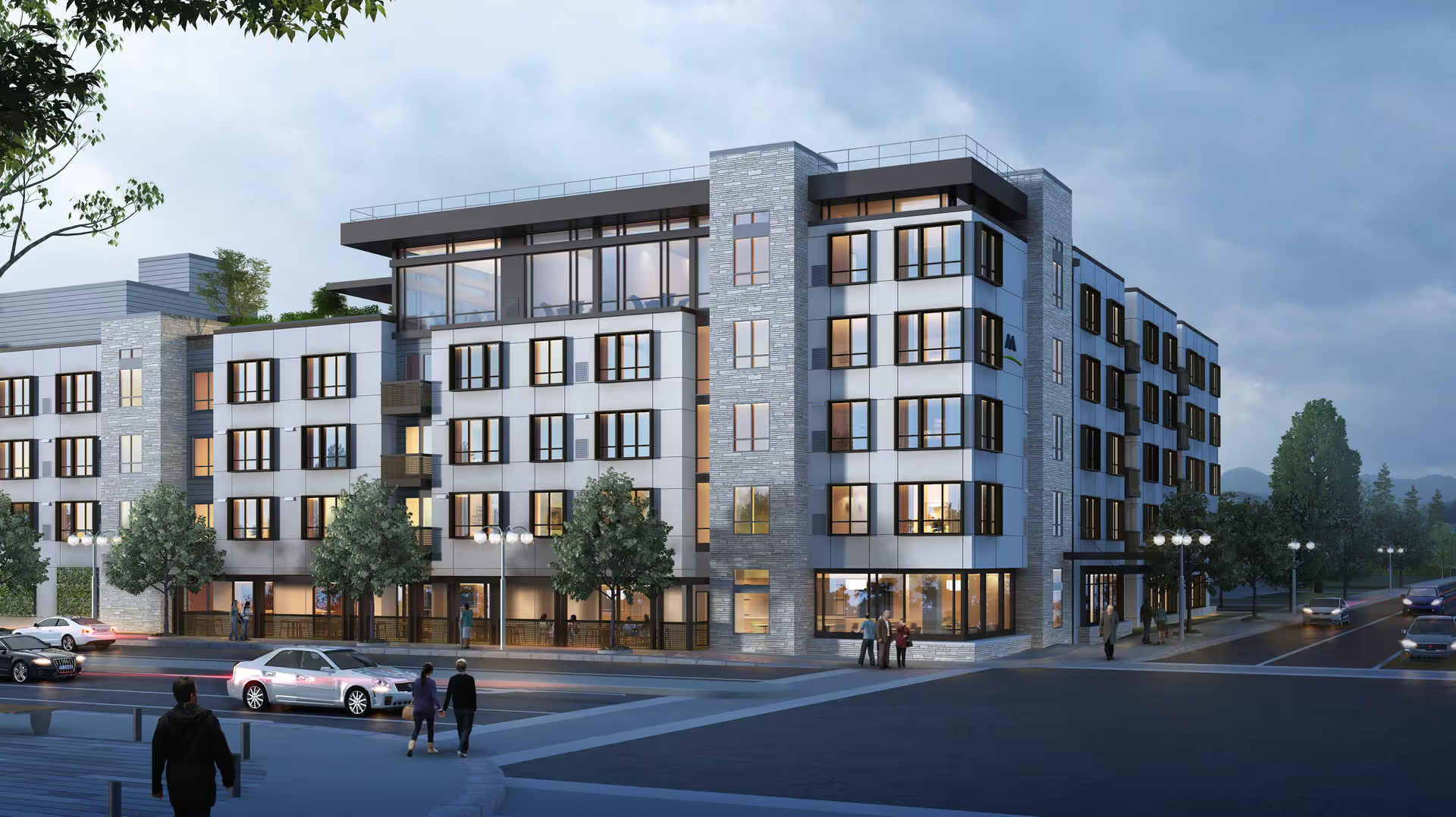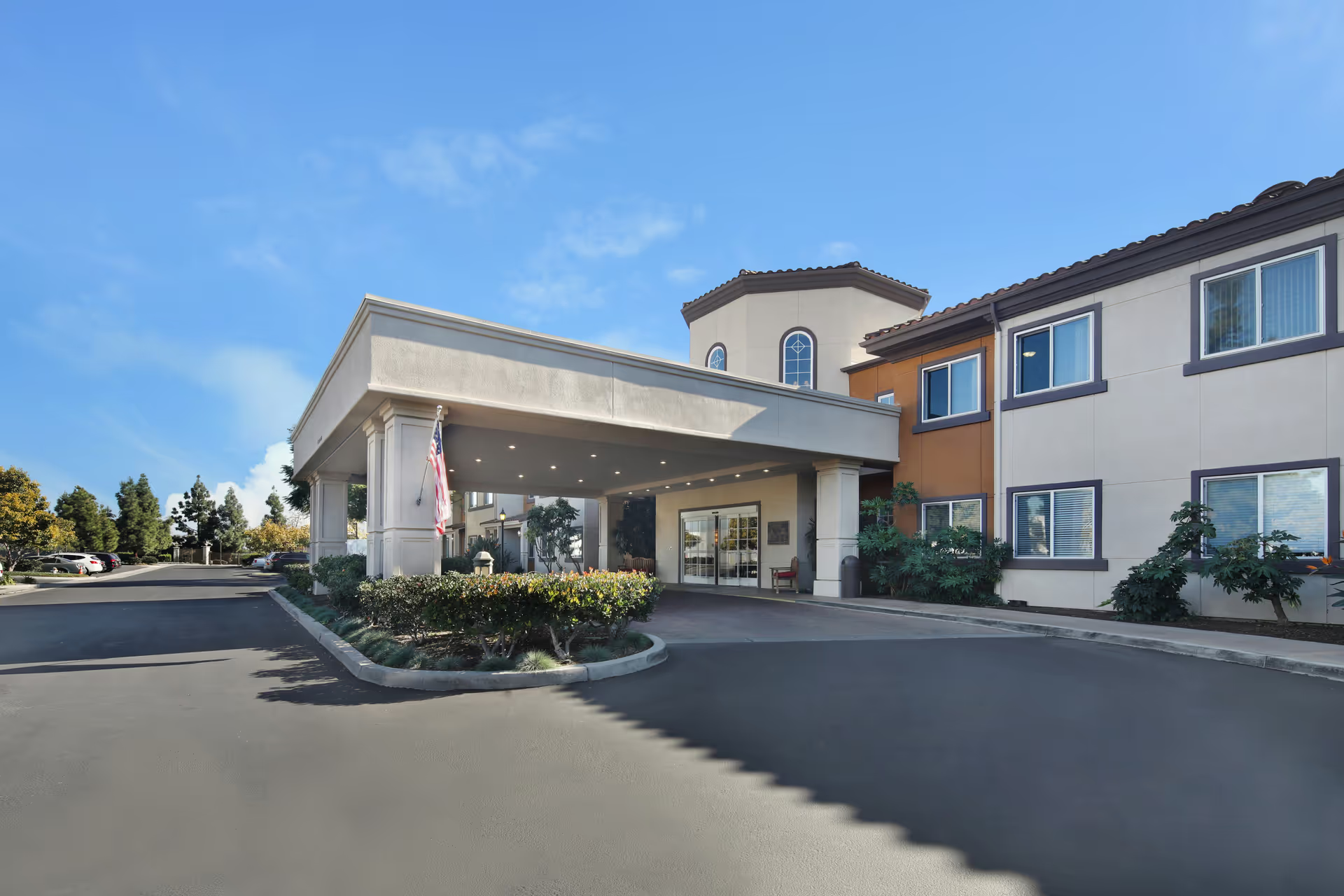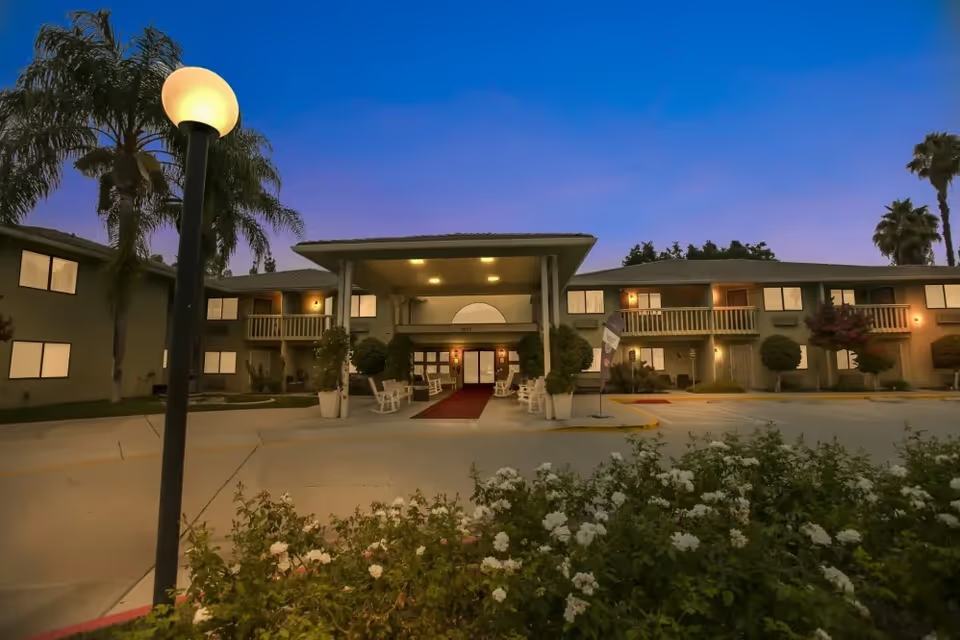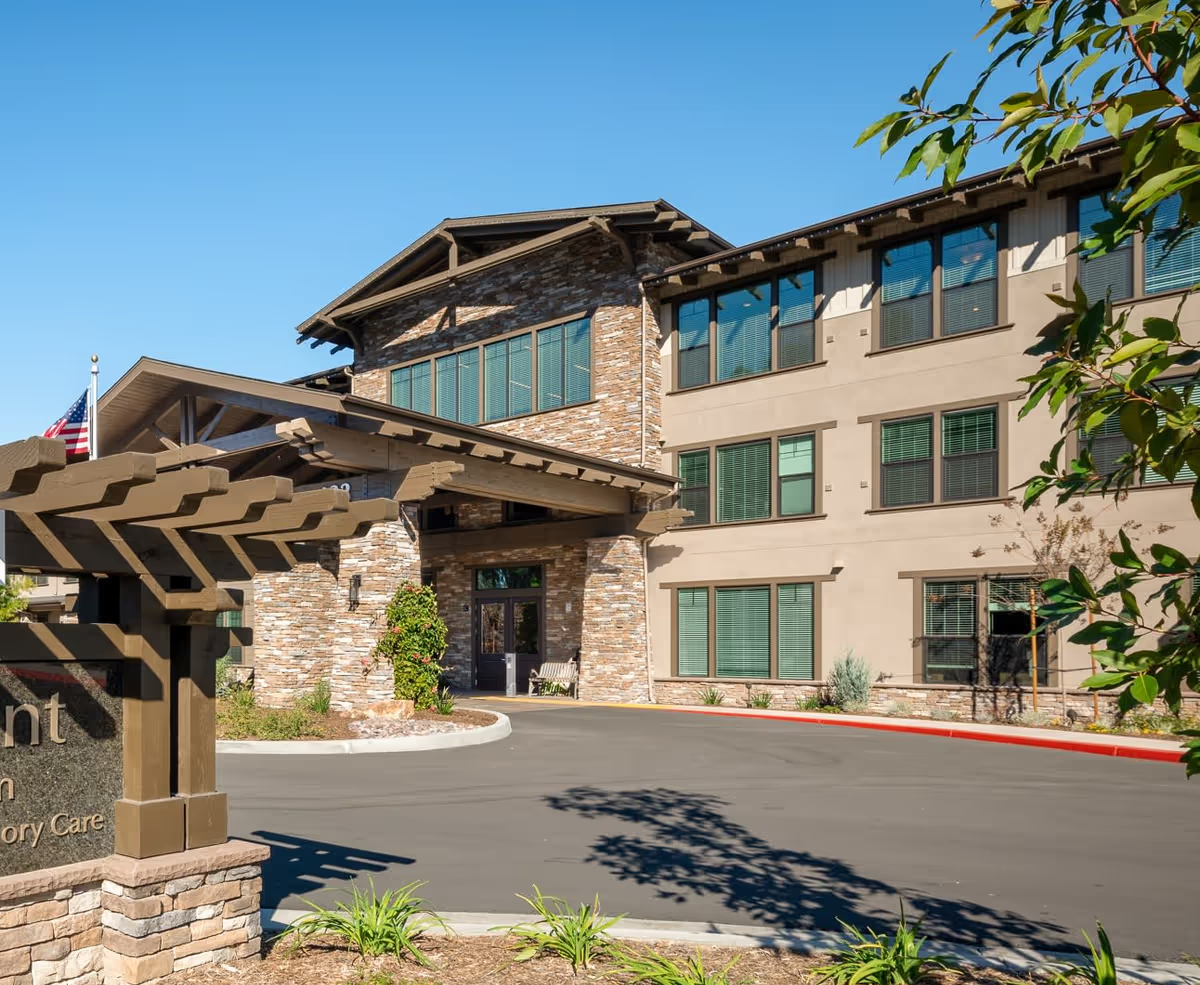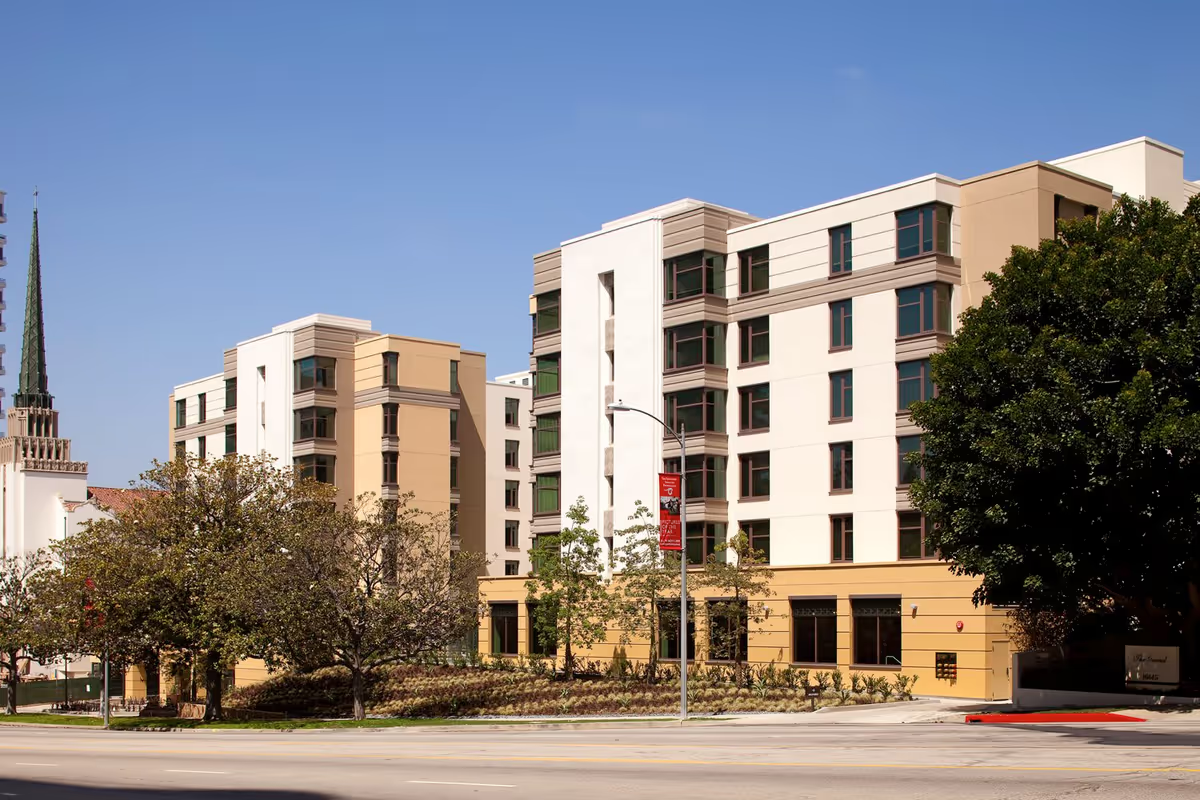Overall sentiment in the reviews is mixed but leans toward positive for clinical rehabilitation and compassionate caregiving, coupled with significant and recurring operational and communication concerns. Many reviewers emphasize that Heritage Manor provides effective, compassionate clinical care: physical and occupational therapy are repeatedly singled out as strengths, with multiple accounts of patients improving, regaining higher functioning, or recovering well after falls and fractures. Specific staff members receive personal praise (for example, a physical therapist named Red and a staff member named Wen), and reviewers commonly note daily monitoring, timely medication administration, individualized rehab activities, and a range of daytime activities. The facility environment and appearance are described as very good by several reviewers, and the presence of Chinese-speaking staff and attentive front desk nurses is highlighted as a welcome asset for families who need language support and responsive reception staff. The facility’s proximity to emergency care is also noted as reassuring by some families.
However, these positives are tempered by a series of operational problems that appear repeatedly in the reviews. The most common complaints relate to poor communication, administrative mix-ups, and a perceived lack of accountability from staff and management. Reviewers report appointment and visitation miscommunications — including denied visits, unmet birthday requests, and callers being hung up on — which have caused significant frustration. Several accounts describe instances where residents were moved multiple times without clear explanation, and families felt staff were not taking responsibility for errors. There are also numerous and specific allegations of lost or mismanaged personal items (dentures, glasses, clothing) and even reports of food taken from rooms; clothing mix-ups are mentioned more than once. Some reviewers urge escalation to health authorities over clinical refusals, citing cases where nurses or staff allegedly refused to change an ostomy bag or to move a patient to address ostomy concerns.
Interpersonal problems among staff and between staff and families recur in the negative reviews: reports of nurses arguing with patients and families, rude or unhelpful behavior, and general unprofessional conduct appear alongside the positive accounts of compassionate caregivers. This suggests variability in staff performance and/or inconsistencies in training or supervision. A few reviewers explicitly call out the need for improved staff communication and customer service, and one review describes willingness to submit suggestions — implying that some families believe the facility could improve if management were more receptive.
Facility-level issues beyond staff conduct are also raised. Limited parking is mentioned multiple times as an inconvenience for visitors. Administrative processes also worry some prospective residents and families: a few reviewers asked about the application and paperwork process, while others reported confusion or denial of access that complicated admissions or visits. Despite these concerns, several families strongly recommend Heritage Manor, praising its long-term care capabilities and stating that their loved ones thrived there.
In summary, the predominant strengths of Heritage Manor, based on these reviews, are its clinical rehabilitation services (PT/OT), caring and effective caregivers (with standout staff named), daily monitoring and medication management, culturally competent staffing (Chinese-speaking staff), and an overall pleasant facility environment. The most significant and recurring weaknesses are inconsistent staff behavior and communication, mishandling or loss of personal belongings, visitation and appointment mismanagement, occasional clinical refusals or procedural concerns (ostomy care), and limited parking. These patterns point to a generally competent clinical operation that would benefit from stronger administrative oversight, clearer communication protocols, better inventory and personal-item tracking, and additional staff training on interpersonal and specific clinical tasks to reduce variability in the resident and family experience.
